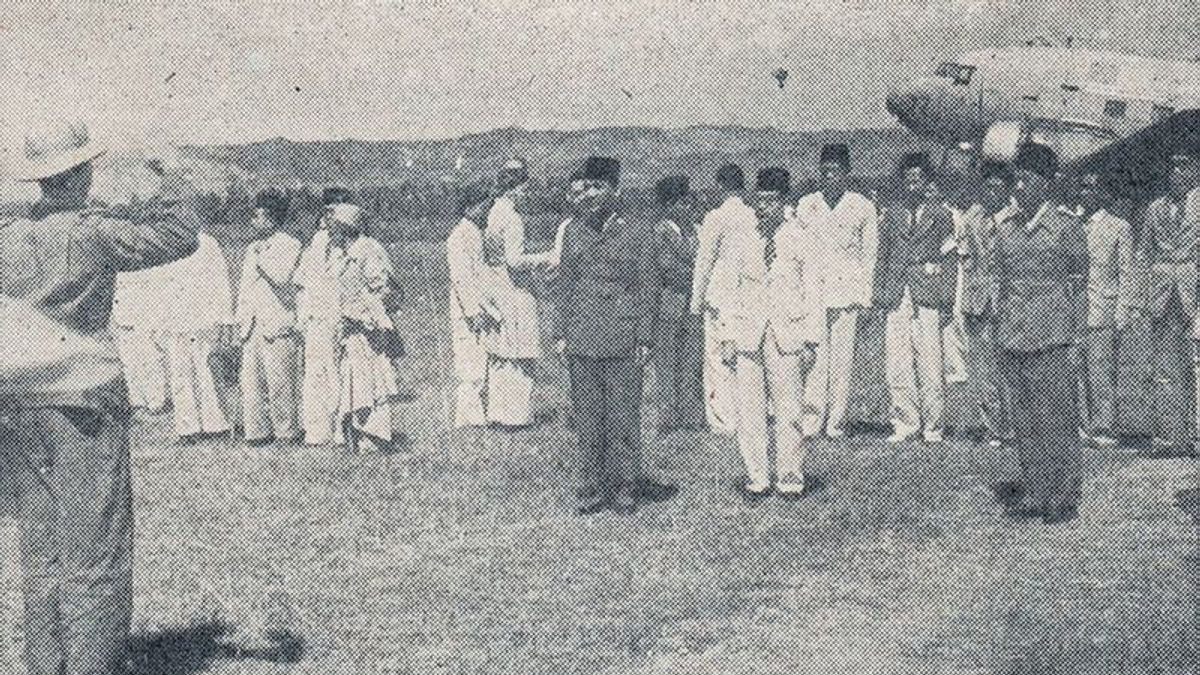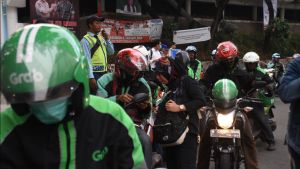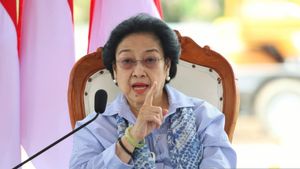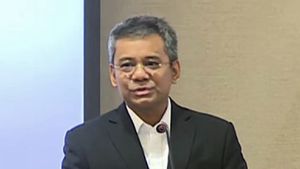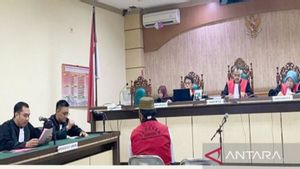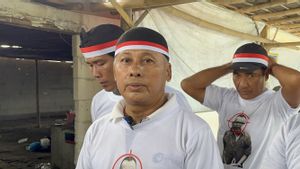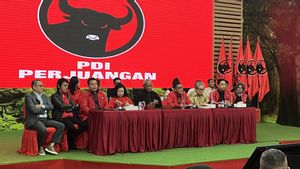JAKARTA – Today's history, 73 years ago, July 6, 1949, Yogyakarta was re-controlled by the Government of Indonesia. The power was because the Dutch troops had left Yogyakarta. This is all thanks to Indonesia's success in the Roem-Roijem negotiations. The narrative of Indonesian power in Yogyakarta is increasingly complete with the return of the nation's leaders from exile. This event is remembered by all Indonesian people. In fact, many consider Indonesia to have succeeded in maintaining independence.
The ambition of the Netherlands to re-colonize Indonesia is no big deal. Indonesia has not been able to enjoy independence, the Dutch have stepped on the gas trying to occupy the archipelago. Especially at full power. The colonial masters also landed many military troops in Indonesia. The goal is to give terror to the new country as long as corn.
The Dutch thought that the terror given was able to make the Indonesian government immediately surrender. In fact, far away from the fire. Freedom fighters instead chose to take up arms. Fighting is coming from everywhere. All pairs of bodies defend the country: Indonesia.

This resistance made the Dutch declare war. Military aggression is an option. Military Aggression I was launched on July 21, 1947-5 August 1947. The aggression had made the freedom fighters confused. However, Indonesia has not given up.
The Netherlands is furious. They launched Military Aggression Volume II from December 19 to December 20, 1948. The Indonesian government, which was known to have an office in Yogyakarta, became a target. Yogyakarta was completely bombarded by the Dutch military. This condition was able to make the Netherlands last forever to arrest Indonesian leaders, including Soekarno - Hatta.
"The Dutch troops sent to Yogya have received KKO (Marine) - United States (US) training in Virginia, so it's not just any army. In entering Yogya they were assisted by the KNIL, the Dutch troops consisted of native Indonesians”.
“The Dutch army then arrested the President and Vice President, Sjahrir (presidential adviser) a number of ministers including Foreign Minister Agus Salim. But before they were taken into custody, the president still had time to send a radiogram containing the granting of state power to the Minister of Prosperity Syafruddin Prawiranegara, who was traveling in Sumatra to form the Indonesian Emergency Government (PDRI)," said G. Moedjanto in the book Indonesia of the 20th Century Volume 2 (1988).
The attack opened the eyes of the world. The Dutch savagery provoked protests from the world organization, the United Nations (UN). The Netherlands was asked to immediately end its aggression.

The United Nations also demanded that the Dutch immediately release the exiled Indonesian leader. However, the Dutch did not heed the UN's orders. The new attack really stopped when the Roem-Roijen Agreement was signed on 7 May 1949 at the Des Indes Hotel, Jakarta.
The Dutch then withdrew their troops. After that, Yogyakarta was officially re-controlled by Indonesia on July 6, 1949. Even the top Indonesian officials had returned from exile. This return implies the meaning of Indonesia's success in maintaining independence.
“We have returned to our original place of residence. At that time Bung Karno and Bung Hatta will arrive in Yogyakarta from their exile in Bangka whose arrival will be welcomed by the ministers who are still there."
“After Bung Karno arrived, General Sudirman re-entered the city of Yogyakarta and gathered at the State Building. He was carried on a stretcher, wearing black clothes in a weak and shabby state accompanied by several of his subordinates," said Fatmawati, Soekarno's wife in the book A Little Note with Bung Karno (2016).
The return of Yogyakarta to the bosom of Indonesia becomes an important part of today's history 6 July 1949.
The English, Chinese, Japanese, Arabic, and French versions are automatically generated by the AI. So there may still be inaccuracies in translating, please always see Indonesian as our main language. (system supported by DigitalSiber.id)
